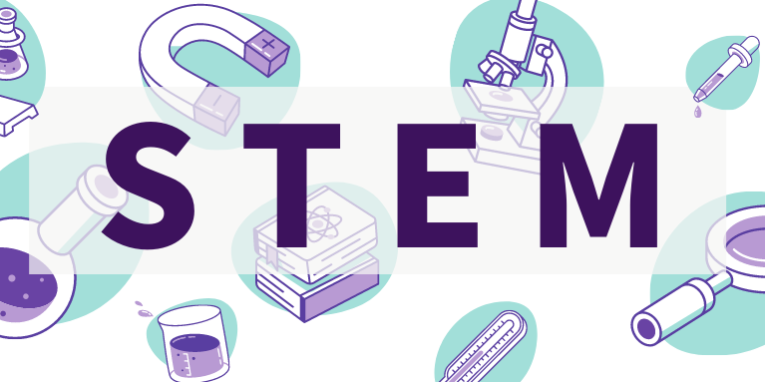Blog 11 – Is Your Teen Ready for a STEM Major? Clarify Your Misconceptions!
#careercoaching
Scientific Pathway VS Technical Pathway
For many kids, especially boys, science is often the first subject in school that sparked their passion. They are obsessed with the moving orbitals in the Science World, they are fascinated with time-traveling since they read about it in science fiction, and they loved the newest technologies, the drones, iPhones, and Teslas.
Even though many of these kids are not at the top in their math classes, their passion for science ignites the brightest hope in their parents who believe that their darlings will work for Google or Tesla in the future – these kids will become engineers, mathematicians, and physicists.
Things may work well fine until your kids entered college to discover that studying science was nothing like they expected, and the realities of a career in STEM (Science, Technology, Engineering, and Math) do not aline with the recruiting pitches saying that going into a STEM career will help you change the world.
As parents, how can you ensure that your teens are prepared for a STEM major in college? How can you help your teens determine if STEM is the promising future for them or just a faulty mismatch between expectations and realities? The most critical differentiation parents should be cognizant of is Scientific Pathway versus Technical Pathway.
Many parents assume that any STEM degree will empower their kids to find a high-paying job right out of college. However, there are some big disparities in job prospects and earning potentials depending on the specific pathways pursued.
Scientific Pathway
Scientific Pathways lead to marine biologists, mathematicians, quantum physicists, etc. These career paths typically require more than a mere bachelor’s degree.
Doctorate and postdoctoral fellowship are not uncommon. Students in these pathways usually find long-term sustainable jobs in their late twenties since they spend so many years in school. No doubt, these scientists are the smartest people. Not only do they earn a decent salary, but they also possess the most meaningful careers with everyone’s respect. Nevertheless, only individuals who have a true passion for scientific research are encouraged to go with these pathways and become scientists.
Of course, many on the scientific pathways jump from the research world into the corporate world by leveraging their expertise and gaining huge success. My point here is not to discourage your teen from pursuing a Scientific Pathway, but to encourage parents to conduct more research, set correct expectations, and conduct honest conversations with your teens.
Technical Pathway
In contrast, Technical Pathways usually enjoy a shorter return of investment. They are programmers, electrical engineers, and financial analysts. Parents like these careers and perceive that, with such degrees, their teens embrace plenty of high-paying jobs waiting for them at the college doors. This is true in general. These are the kids who get higher starting salaries compared to their peers holding a history degree, but that doesn’t mean the history folks don’t catch up. Please refer to my other Blog.
Equally important, entry-level technical jobs at top companies are competitive. They do prefer students from top universities and with good grades. Entering a college with a computer science or an engineering major is only step one. These programs usually involve an intense workload and tons of homework, labs, and projects. For example, a typical student at UBC who is enrolled in an Arts program studies 5 courses per semester, whereas her engineering friend at UBC studies 7 courses in the same semester.
The good news is, since students develop problem-solving, analytical, and many more skills, a STEM degree builds a solid foundation for students to succeed in many other glowing areas even when they are not sitting at the top in their classes.
Should My Kid Select STEM?
While a STEM major allows your kids to work with a higher entrance level salary, it requires students to have strong analytical skills and hard work in their university lives. When your teens can overcome such pressure while they do possess personal interests in science and technology, STEM majors may be good fits. If your teens do not reveal strong intentions to study scientific subjects, you need to consider alternatives.
The bottom line is, to know the relationship between the major and the careers it leads to BEFORE you apply to universities. Early planning and awareness can greatly help you reduce stress when it comes to making critical decisions, and guide you to a bright future.








